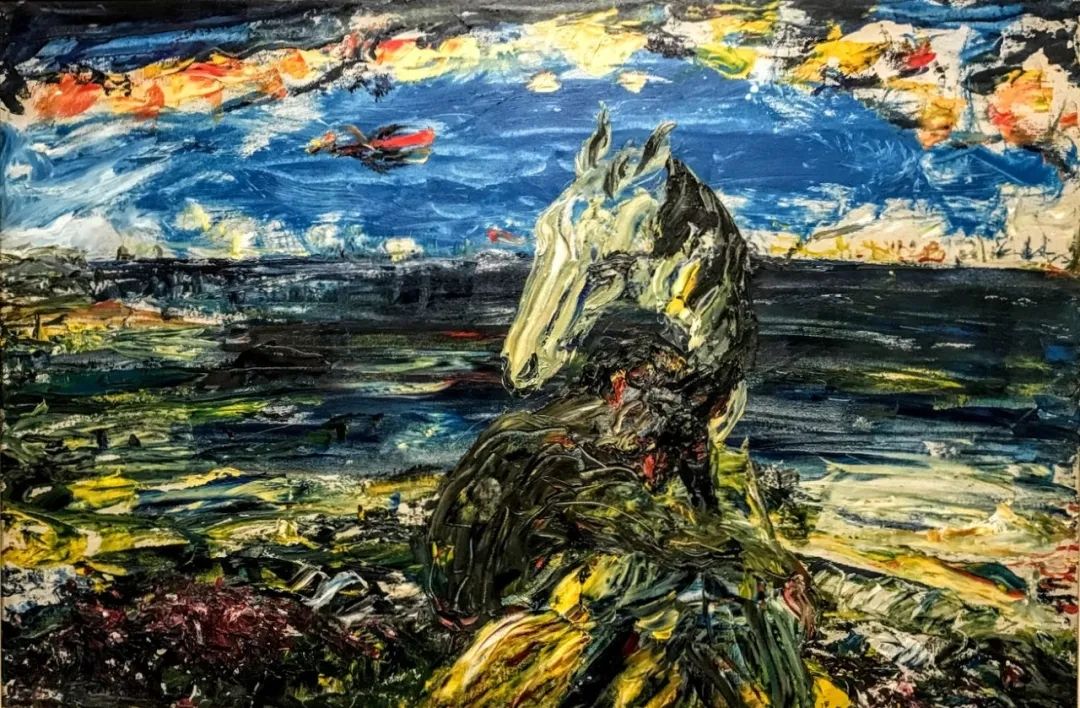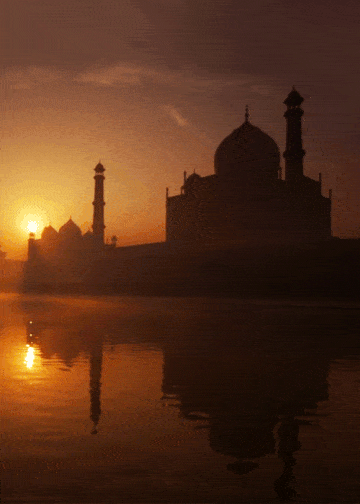Yeats | Towards Byzantium (translated by Liu Zhilin)

Sailing to Byzantium
Yeats
1
That's not old man's country. youth
In each other's arms, the birds are on the tree
- those dying generations - singing,
Falls of salmon, seas of mackerel,
Fish, beasts, and birds are all praised all summer long
Any conception, birth and death.
indulge in the music of the senses
The monument to immortal wisdom is overlooked.
2
An old man is but a piece of trash,
A tattered shirt is propped on a pole,
Unless the soul clap and sing, sing louder
For every rag of its earthly garments,
But this doesn't have a singing school, there is
A place to study its own magnificent monuments;
So I sailed across the ocean to
Holy city-state of Byzantium.
3
O wise men who stand in the fire of God
Like a gilt mosaic on a wall,
Come out of the flame, swirling in the circulation
Be the singing teacher of my soul.
Destroy my heart; it is sick of desire
and tied to this dying animal
does not recognize itself; gather me again
Enter the art of eternity.
4
Once out of nature, I will never choose
Anything natural makes my figure,
But it's like a greek goldsmith
The shape of forged gold and glazed gold
to keep the sleepy emperor awake;
Or jump on the golden branch and sing to
Byzantine nobles and ladies
About past, passing, and future things.
(Translated by Liu Zhilin)
Sailing to Byzantium
WB Yeats
I
That is no country for old men. The young
In one another's arms, birds in the trees
--Those dying generations--at their song,
The salmon-falls, the mackerel-crowded seas,
Fish, flesh, or fowl, commend all summer long
Whatever is begotten, born, and dies.
Caught in that sensual music all neglect
Monuments of unageing intellect.
II
An aged man is but a paltry thing,
A tattered coat upon a stick, unless
Soul clap its hands and sing, and louder sing
For every tatter in its mortal dress,
Nor is there singing school but studying
Monuments of its own magnificence;
And therefore I have sailed the seas and come
To the holy city of Byzantium.
III
O sages standing in God's holy fire
As in the gold mosaic of a wall,
Come from the holy fire, perne in a gyre,
And be the singing-masters of my soul.
Consume my heart away; sick with desire
And fastened to a dying animal
It knows not what it is; and gather me
Into the artifice of eternity.
IV
Once out of nature I shall never take
My bodily form from any natural thing,
But such a form as Grecian goldsmiths make
Of hammered gold and gold enamelling
To keep a drowsy Emperor awake;
Or set upon a golden rough to sing
To lords and ladies of Byzantium
Of what is past, or passing, or to come.
[Note]:
①: I saw that there were many inappropriate translations of this poem by two seniors Zha Liangzheng and Fu Hao, so I retranslated it myself with reference to these two translations. I will not elaborate and compare them here, but you can refer to Yeats' original poem and compare the two Chinese translations for yourself. The meanings of the words used in my translation are obviously different from the previous Chinese translations. Basically, I think the original Chinese translation is inappropriate; In the previous Chinese translation, the translator added a lot of unnecessary redundant words according to his own understanding, but in my translation, I tried to restore the original poem as much as possible. The original text of this poem is not obscure, but some words are abruptly translated because the previous two translations did not understand them clearly. The conception of the Virgin Mary has a religious meaning, and two Chinese translations, one ignores the word, probably thinks it repeats the meaning of the "birth" behind, and the other translates it as "sprouting" - I think according to the original poem It means "to conceive" is good. There are also technical analysis such as "the artifice of eternity", "the gold mosaic" and the following technical analysis of "hammered gold and gold enamelling", I have thought about it and translated it carefully, but the previous Chinese translation was vague in these areas. Maybe the translator did not have any information at the time due to the constraints of the time, but the use of words, sense of language and rhythm were too cumbersome and procrastinating, and it could only be a so-so performance. This poem by Yeats is very important. The rhythm of the original poem is concise and clear. I cannot bear to see it translated into complicated and obscure. I also hope that there will be more rigorous, accurate and concise translations of world poetry. If there is no translation that I think is ideal, then I will continue to translate it myself.
——2022.1.22 late at night

Like my work? Don't forget to support and clap, let me know that you are with me on the road of creation. Keep this enthusiasm together!